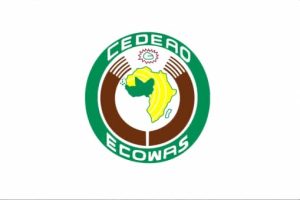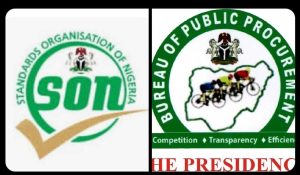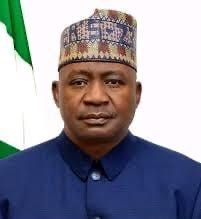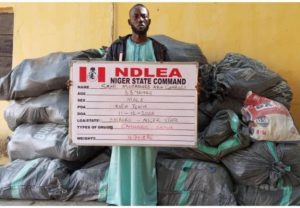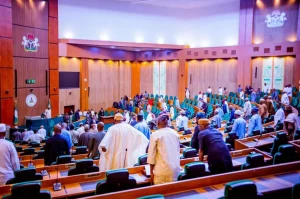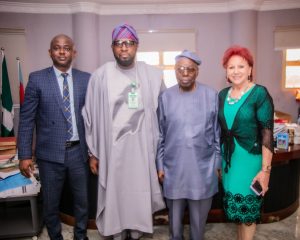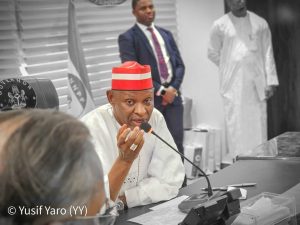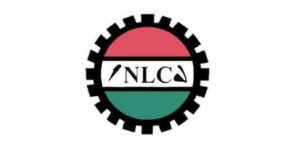By our Reporter
The Nigerian National Petroleum Company Limited has demanded a refund of N4.71tn from the Federal Government to settle outstanding debts used to import Premium Motor Spirit, popularly called petrol, into the country, sparklight news has learnt.
Mr. Wale Edun Minister of Finance and the Coordinating Minister of the Economy, disclosed this at the June meeting of the Federation Accounts Allocation Committee.
According to a report,exchange rate differentials refer to the income accrued to banks or government agencies from the difference in value between two currencies at different times through foreign exchange’s sale and purchase prices.
The minister explained to the state commissioners of finance that the national oil company received presidential approval to carry out this duty using the “Weighted Average Rate” from October 2023 to March 2024.Edun added that the company had also sought an extension of the period to cover the differential rate but was advised to write to the National Economic Council requesting approval.
It was gathered that the government through the National Economic Council had granted the NNPC permission to import fuel at an exchange rate of N650 to $1 at retail coastal pump prices from June 2023 but the devaluation of the naira surged the price to N1,200, indicating a difference of N550 as exchange difference.On May 29, 2023, during his inauguration, President Bola Tinubu publicly declared that “subsidy is gone,” signaling the end of barriers that had been restricting the nation’s economic growth.
However, this claim has been contested by the International Monetary Fund, the World Bank, and other authoritative figures, who argue that the government had quietly reintroduced fuel subsidies.
It was learnt in June that a proposed economic stabilisation plan document stated that the government planned to spend about N5.4tn on fuel subsidies.
The Oil marketers had stated that with a landing cost of ₦1,117 per litre for PMS, the monthly subsidy on the commodity had risen to approximately N707bn.






